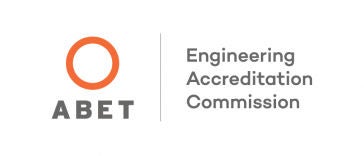Industrial and Systems Engineering, B.S.
Overview
The B.S. in Industrial and Systems Engineering gives you the knowledge and skills to improve systems across all industries, including defense, aviation, manufacturing, and health care, and ensure that they operate at top efficiency and safety. We combine broad engineering skills with behavioral science to prepare you to tackle even the most complex system challenges and solve problems like reducing wait times at amusement parks, building a superior car, ensuring the mail arrives on time, or streamlining operating room procedures.
The B.S. curriculum is designed to provide significant strength in mathematics, basic science, and engineering science, together with a coordinated set of courses important to the professional industrial or systems engineer. Fundamental manufacturing processes, economics, statistics, quality systems, and mathematical and computer modeling of production and service systems are included.
At URI you’ll benefit from personalized counseling and informal relationships with your professors. Classes are typically small, averaging 15 students, allowing for close interaction between students and professors.
ABET Accreditation

The Industrial Engineering program is accredited by the Engineering Accreditation Commission of ABET, under the commission’s General Criteria and Program Criteria for Industrial and Similarly Named Engineering Programs.
Find out why ABET accreditation matters.
